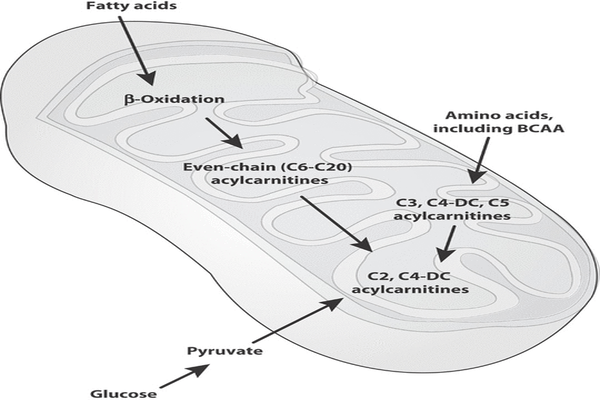The assertion that the beneficial metabolic effects of gastric bypass surgery fade fast is not totally correct. Gastric bypass surgery, also known as Roux-en-Y gastric bypass (RYGB), is a surgical treatment that can result in large and long-term weight loss, which can improve a variety of metabolic markers. However, the extent to which these effects endure over time varies between individuals.
A new study calls into doubt the efficacy of gastric bypass surgery. According to the findings, the most significant metabolic changes occurred immediately following surgery. Only a year after the procedure, the content of metabolites and fats had been restored to nearly pre-surgery levels.
A recent study from Sweden’s Lund University casts doubt on the efficacy of gastric bypass surgery. According to the findings, the most significant metabolic changes occurred immediately following surgery. Only a year after the procedure, the content of metabolites and fats had been restored to nearly pre-surgery levels.
We need more and larger studies in order to draw reliable conclusions. One advantage of bariatric operations is that a majority of people with type 2 diabetes see a remission of their disease afterwards.
Nils Wierup
Previous studies have indicated that the majority of people who have gastric bypass surgery gain weight within five years. It is yet unknown what happens to the metabolism of persons who have had a bariatric operation.
In a new study published in the journal Obesity, researchers looked at the metabolism of overweight people before and after they had a gastric bypass surgery. According to the findings, the most significant modifications occurred immediately following the surgery. One year later, the concentrations of metabolites and lipids in all subjects were nearly the same as before the procedure.
“Just following up on the weight of people can be a blunt instrument for studying the effects of the procedure. Our study provides a greater understanding of what happens to the metabolism in connection with a gastric bypass operation,” says Peter Spégel, associate professor of molecular metabolism at Lund University, who led the study.

Rapid changes
The research was based on data from 148 persons with and without type 2 diabetes who underwent gastric bypass surgery in Sweden. Blood samples were taken from participants before the surgery and at least twice afterward. Their body mass index (BMI) was assessed before the operation and three times thereafter.
The researchers performed in-depth examinations of fats and chemicals in the blood. Only one year after the operation, some of the subjects were back to their pre-surgery levels, while others did not show as much reversion.
“We could see the changes while the participants still had a low BMI after the operation. By studying metabolism, we can obtain a clear indication that unhealthy changes are on the way. We hope that the knowledge can be used in follow-up so that preventive measures can be put in place,” says Nils Wierup, professor of neuroendocrine cell biology at Lund University and one of the main authors of the article.
Increased risk of type 2 diabetes
Certain polyunsaturated fat levels surged immediately following the operation, only to decline and approach historical levels. Polyunsaturated fats are necessary and have been shown to lower the risk of cardiovascular disease. The study also discovered a decrease in the concentration of a specific type of amino acid following the operation, followed by an increase. These amino acids are commonly found in patients with insulin resistance and are associated with an increased risk of developing type 2 diabetes.
“One conclusion we draw is that the risk of developing type 2 diabetes is considerably reduced after the operation among individuals who do not have the disease, but one year later we see an increased risk again. Among individuals who already had type 2 diabetes at the time of the surgery, we see a remission of the disease, but the risk of the disease returning then increases over time,” says Peter Spégel.
The benefit of bariatric operations
Individuals undergoing obesity surgery must lose weight prior to the procedure by following a diet. A earlier study by the same team looked at the effects of a low-calorie diet and a gastric bypass surgery independently. The study found that nutrition had the greatest impact on metabolism, while surgery had only a minor impact. The current study by the researchers demonstrates that for many people, the good effects on metabolism fade as quickly as a year later.
“We need more and larger studies in order to draw reliable conclusions. One advantage of bariatric operations is that a majority of people with type 2 diabetes see a remission of their disease afterwards. And even though a large percentage of individuals who undergo this procedure gain weight afterwards, it’s usually not a return to the same weight as before. In the future, we want to take a closer look as what happens to metabolism on an individual level, as this can vary,” concludes Nils Wierup.
















